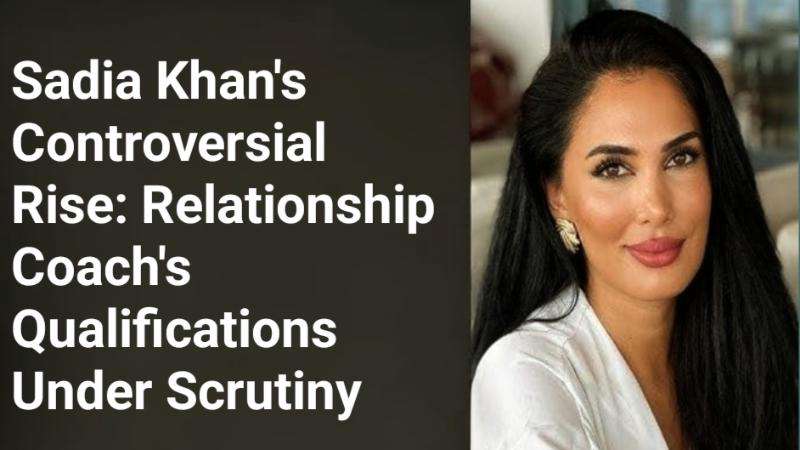It all began on Friday, April 11, when suspicion arose after Crypto Bridge Exchange Smart-Treasures (CBEX), a digital asset trading platform, suddenly delayed investor withdrawals.
By Monday, April 14, many users found that the funds on their dashboards had disappeared, leading to widespread panic that the platform had collapsed. Many Nigerians who had invested large sums lost everything.
The incident has sparked renewed concern about the need for public awareness and education on how to make smart, safe investment decisions.
What Is a Ponzi Scheme?
A Ponzi scheme is a type of fraudulent investment setup where returns for earlier investors are paid using money from new investors, rather than profits generated by actual business activity.
It operates like a pyramid, heavily reliant on constantly recruiting new participants to keep the scheme going.
Similar to other scams of this nature, CBEX promised investors a 100% return on their investments within 30 days—an offer that’s often too good to be true.
Over the past decade, numerous Nigerians have been victims of Ponzi schemes like MMM Nigeria, Get Help Worldwide, Crowd Rising, Donation Hub, Lion’s Share, and 6Dollars.
UK Investors Also Affected
The ripple effect of the CBEX crash wasn’t limited to Nigeria. UK-based investors, many of whom were drawn in through online promotions and referrals, also suffered substantial losses. Some had invested their savings after being enticed by the platform’s promise of high and fast returns. Financial experts in the UK are urging residents to be cautious when dealing with international digital investment platforms and to always verify registration through the Financial Conduct Authority (FCA) before committing any funds.
Key Tips to Avoid Falling for a Ponzi Scheme
Before committing to any investment, it’s important to take precautions. Financial experts recommend checking if the company is both registered and licensed to operate in Nigeria.
A business may be registered with the Corporate Affairs Commission (CAC), but that doesn’t automatically mean it is approved by the Securities and Exchange Commission (SEC) to offer investment services or manage funds.
Without SEC licensing, the company could be operating illegally.
Speaking about CBEX, financial analyst Patrick Ajudua pointed out that the platform is not licensed or registered in either Nigeria or Canada. He explained that Ponzi schemes typically promise very high returns with little or no risk. They often include referral incentives to encourage users to bring in more investors—creating a false sense of trust and community.
These schemes usually use new investors’ funds to pay off earlier ones, and when withdrawals exceed new deposits, the system collapses.
How to Verify a Company with SEC
The SEC, Nigeria’s top financial regulator, maintains oversight of capital market activities. It offers a tool called the Capital Market Operator Search (CMOS) that allows the public to verify if a company is licensed to operate legally.
By entering a company’s name into the CMOS search bar, you can check whether it is approved by the SEC and what roles it is authorized to perform.
The SEC updates this list regularly, ensuring that only companies that comply with registration and monitoring standards are allowed to operate.
New Legal Powers to Combat Ponzi Schemes
Under the newly signed Investment & Securities Act 2025 (ISA 2025), the SEC has expanded authority to regulate digital and virtual asset platforms, commodity exchanges, and related services.
The Act sets strict penalties: anyone found guilty of running an unlicensed or Ponzi scheme could face a minimum fine of ₦20 million and up to 10 years in prison.
Meanwhile, the Economic and Financial Crimes Commission (EFCC) has launched an investigation into the CBEX collapse. Though outcomes are uncertain, efforts are underway to recover investors' lost funds.
Experts have urged the SEC to take a more active role in addressing this case and preventing future scams, stressing that such widespread financial fraud must not go unchecked.



_2.jpg)
_1.jpg)



.svg)
